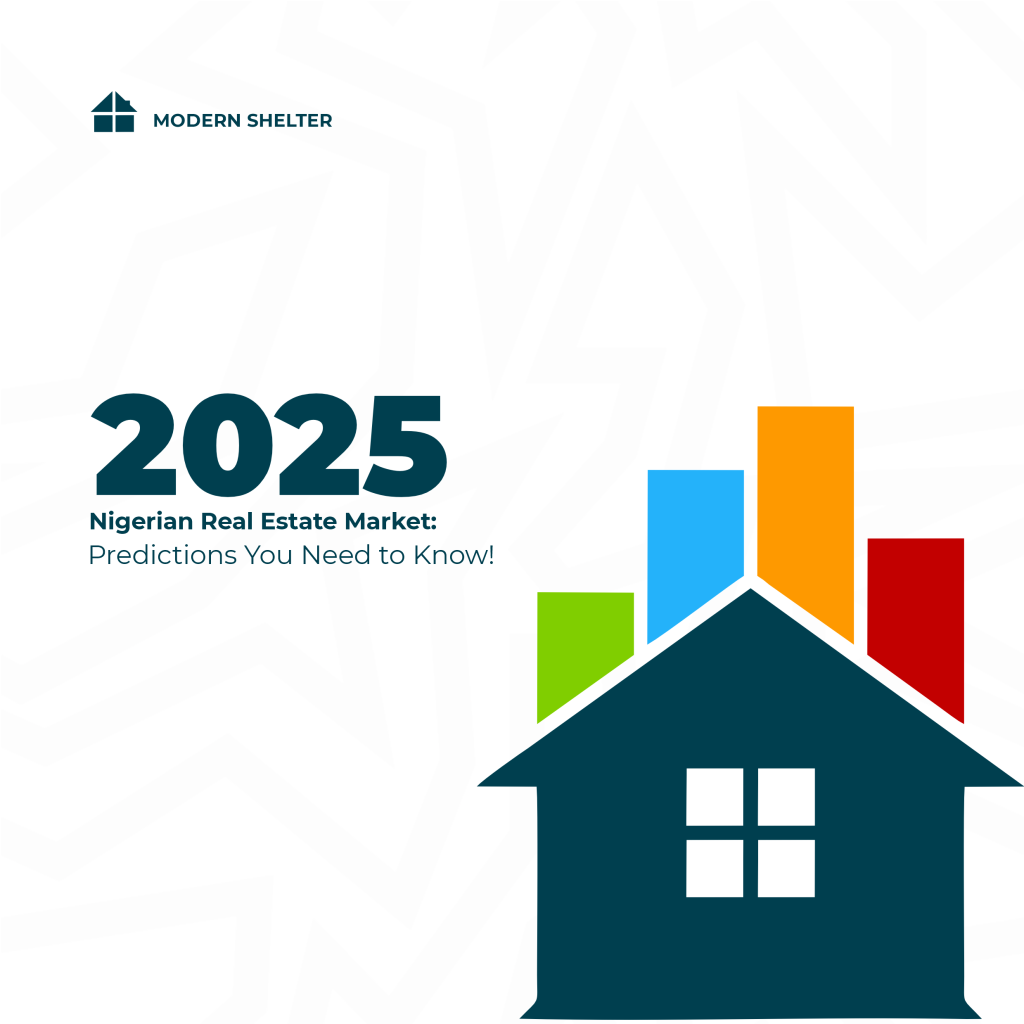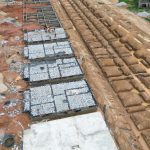
As 2025 unfolds, the real estate market is at a critical juncture, influenced by economic shifts, rapid urbanization, and the adoption of new technologies. Despite challenges like inflation, rising fuel prices, and currency fluctuations, there are significant growth opportunities, particularly in affordable housing and urban renewal.
Market Overview
The Nigerian real estate market is predicted to reach a value of $2.61 trillion by the 2025, driven by a demand for housing that outpaces supply. The country faces a housing deficit of over 22 million units, with demand growing rapidly due to an expanding population and increasing urban migration. Residential real estate is expected to grow at 4.3% annually, creating opportunities for scalable housing solutions. However, the supply of housing is expected to increase at only 5% annually, largely due to financing challenges and limited construction capacity.
To address this, the government’s Renewed Hope Cities initiative aims to provide 20,000 housing units annually, focusing on affordability and offering flexible payment options like Rent-to-Own schemes.
Pricing and Regional Insights
Property prices in major urban centers like Lagos, Abuja, and Port Harcourt are anticipated to rise by 10-12% annually, driven by inflation and high demand. Lagos, in particular, with ongoing infrastructure projects such as the Dangote Refinery and Lekki Deep Sea Port, is expected to see a 15% price increase by 2025. Abuja remains a top destination for luxury and commercial real estate, while Port Harcourt offers promising opportunities in high-end properties driven by the oil sector.
At Modern Shelter, we are committed to addressing Nigeria’s housing crisis by focusing on affordable housing solutions. Our mass housing project- Nasarawa Technology Village, is aimed at providing affordable homes to a wide range of income groups. Located in Karu, LGA, Nasarawa State, this initiative combines modern building technologies with cost-effective housing solutions, ensuring accessibility and affordability for potential homeowners.
Nasarawa Technology Village is designed to offer high-quality homes at prices that align with the financial realities of many Nigerians. The project not only contributes to bridging the housing gap, but also encourages sustainable development with a focus on technological innovation, making it a model for future housing projects in Nigeria.
Key Trends and Opportunities
- Affordable Housing: Projects like Nasarawa Technology Village demonstrate the growing demand for affordable housing, especially in emerging suburbs. These areas, along with second-tier cities like Ibadan, Kano, and Uyo, are becoming increasingly attractive to both investors and homebuyers due to their lower costs and improving infrastructure.
- Urban Migration: As Nigeria’s population grows at 2.5% annually, housing demand is expected to rise by 8% per year, reaching up to 30 million units by 2025. This surge in demand presents both challenges and opportunities for real estate developers.
- Technology and Innovation: The adoption of property technology (proptech) is transforming the sector by improving property management and development processes. Modern Shelter is leveraging these technologies to enhance operational efficiency and provide innovative housing solutions.
Conclusion and Recommendations
The Nigerian real estate market offers vast potential but faces significant challenges, particularly in terms of affordability and supply. As demand continues to outpace supply, property prices in major cities will rise, making homeownership less accessible for many Nigerians. However, projects like Nasarawa Technology Village offer a blueprint for addressing the housing deficit, ensuring that affordable housing is within reach for more Nigerians.
At Modern Shelter, we are committed to bridging this gap through scalable and affordable housing solutions. We believe that investors should focus on high-growth regions and second-tier cities, while developers should adopt proptech to improve efficiency. Policymakers must continue to introduce reforms that support affordable housing and streamline access to land and financing. Collaboration between the public and private sectors will be crucial to solving Nigeria’s housing challenges and fostering long-term growth in the real estate sector.ing Nigeria’s housing challenges and fostering long-term growth in the real estate sector.
Source: https://www.nigeriahousingmarket.com/2025-prediction/nigeria





